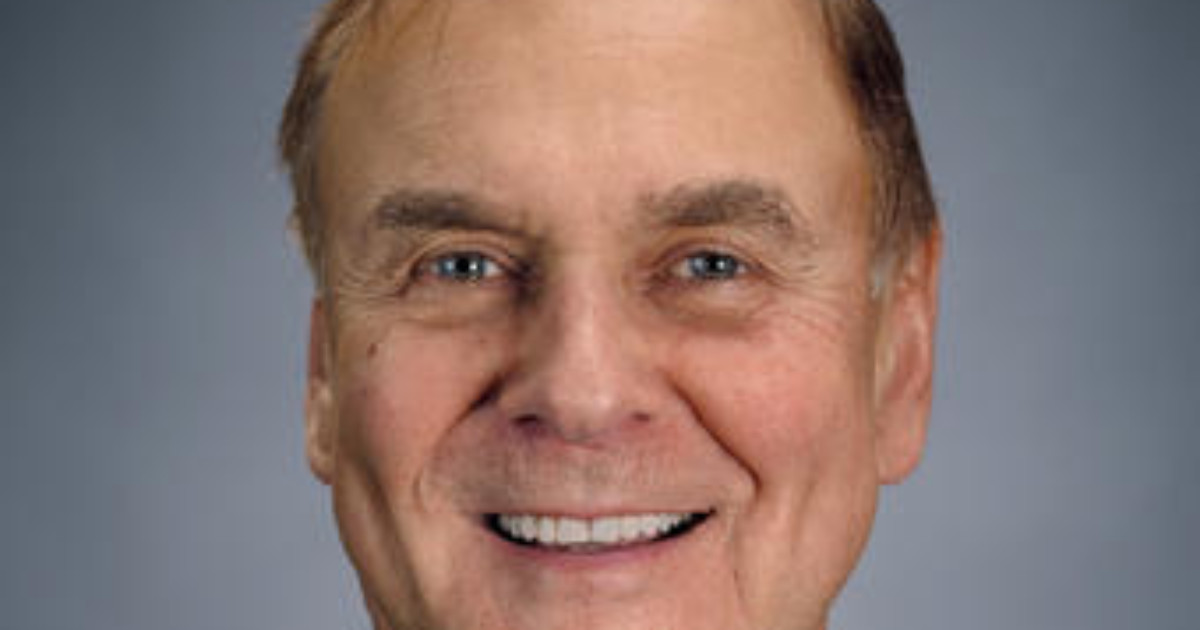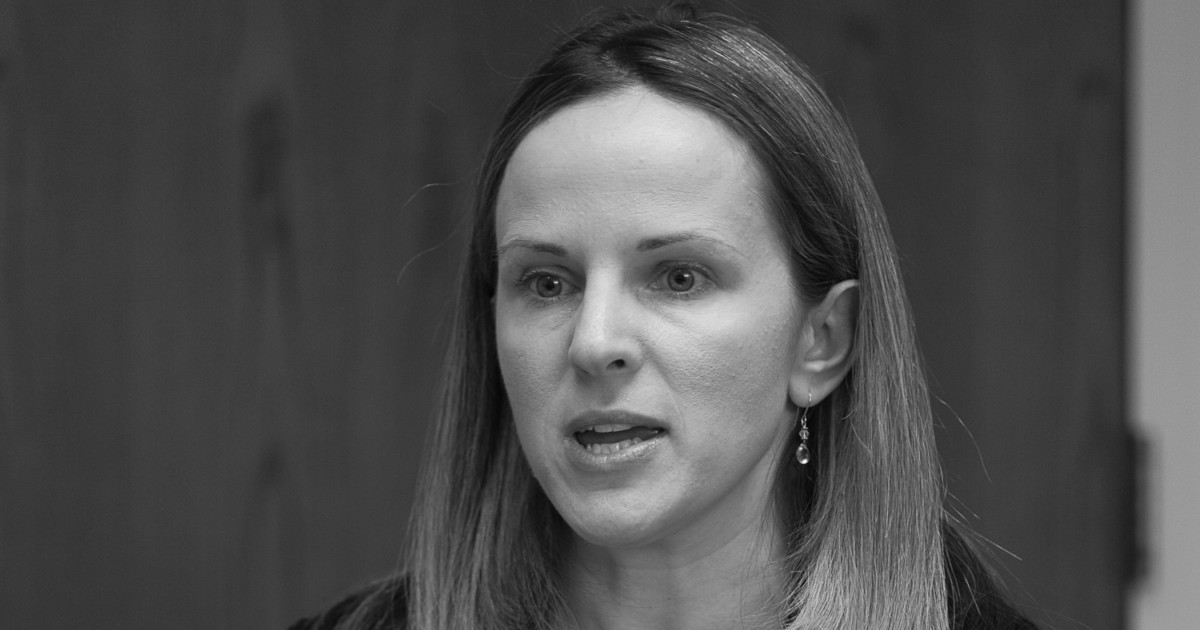For students on international campuses, taking care of mental health presents unique challenges
We live in a time of accessibility, opportunity, and interconnectedness. Our generation of students has more of an opportunity to take full advantage of the global education market that many universities have decided to join. Yet a decision to take such an opportunity might come with many strings attached, whether financial or emotional, which alter a student’s four-year college experience. Despite all these changes and opportunities, sleepless nights, overloaded schedules, pressure to succeed, and struggles to get top internships or jobs are the default for many university students, regardless of where in the world they are.
More so, the ability or desire to take advantage of the global network of higher education — a network of globally dispersed campuses and sites that allow students to study and gain credit in different countries — brings a new dimension to students’ college experiences, among which is their emotional and mental health.
I am from Moldova in Eastern Europe, and in May of this year I graduated from New York University Abu Dhabi, one of NYU’s three portal campuses. As is the case at many other universities, depression is among the top struggles for a lot of students at NYU Abu Dhabi, often the product of homesickness, cultural shock, and for some, adjustment issues, demanding schedules, and dysfunctional relationships, among many other concerns. One of my friends describes the university as “a challenging environment, which represents a tremendous jump from any high school workload.” A lot of students put pressure on themselves to be the best and to prove their abilities in a competitive environment where everyone else is equally, if not more, intelligent and talented. This can be quite draining. More so, students have to reconcile their desire to succeed with adjusting to a new country, to college life and in many cases, to a different educational system.
Outside college campuses and alongside pressure from university life, college students and residents of the United Arab Emirates (UAE) might also struggle with meeting certain family expectations that are rooted in tradition and cultural values. Students might experience anxiety and stress if they can only live a restricted social life.
Diabetes and obesity are also a continuing problem in the UAE, which generate body image issues and affect one’s self-esteem and inter-personal relations. All these have undoubtedly become sources of depression, anxiety, and other mental health issues for many students. Within the country, like in many other countries, there continues to be a stigma associated with discussing mental health issues. Unfortunately, across the globe, mental health issues are often equated with insanity. Fear of judgement and misunderstanding can affect one’s decision to seek formal and informal help.
A friend who shared his perspective on mental health in the UAE with me describes another dimension of the situation: “These fears are also associated with a lack of belief in the very existence of mental health issues as opposed to the natural sciences, where cause and effect can actually be seen with the naked eye and quantified.” For those who are misinformed on the causes of mental health issues and ways of treatment, the inability to measure depression or anxiety leads to false conclusions that mental health issues are simply fabricated. Some hospitals have tried to address the issue by employing counsellors and psychiatrists, but their services are limited and many of them lack training in dealing with students specifically.
NYU Abu Dhabi is one of the few education institutions in the region that has set up counselling services for its students. Moreover, students themselves have organized support groups, events, and campaigns aimed at improving various aspects of wellness and wellbeing. Such platforms of student-to-student dialogue have helped normalize the discussion around mental health and have provided alternative coping mechanisms for those who cannot or are not ready to talk to a counsellor.
Nonetheless, there is still work to be done. One lingering problem is that the number of counsellors is disproportionate to the number of students seeking help. This understaffing can create further anxiety when students cannot get an appointment in a timely manner. While the university has taken steps to address the issue, employing more long-term counsellors has been difficult due to licensing processes. This is a problem since higher education institutions need counsellors who will be readily available for students. It is particularly important in the UAE, where we need counsellors to stay for a prolonged period of time in order to develop a strong rapport with students and continue to spread information about mental health issues.
In an effort to ensure the wellbeing of students, NYU Abu Dhabi has also followed NYU New York’s footsteps in creating its own version of the Reality Show called the Real AD Show. This is an opportunity to come together with a group of students and create an original show that highlights the struggles that students at our university might be going through, including mental health and wellbeing issues. The goal of the show is clear: to open a dialogue very early on, to spread information about potential challenges that students will face and to ensure that no one feels alone. I was fortunate to be a member of the cast and contribute to the achievement of these goals.
The first step to surpass the taboo surrounding mental health issues is to ensure that information is readily available and easily understood by the target audience. Education institutions the world-over need to disseminate better knowledge on these issues within their modes of formal education and generate conversations around mental health that are tailored to their particular contexts. Above all, they must ensure that no one is left out and no one feels alone and helpless with their struggles.
Ana Pereu is a recent graduate of NYU Abu Dhabi and is currently studying International Relations and Politics at the University of Cambridge, in the UK. She is the 2016 recipient of the Mary Christie Fellowship Award for Academic Excellence and Leadership.


